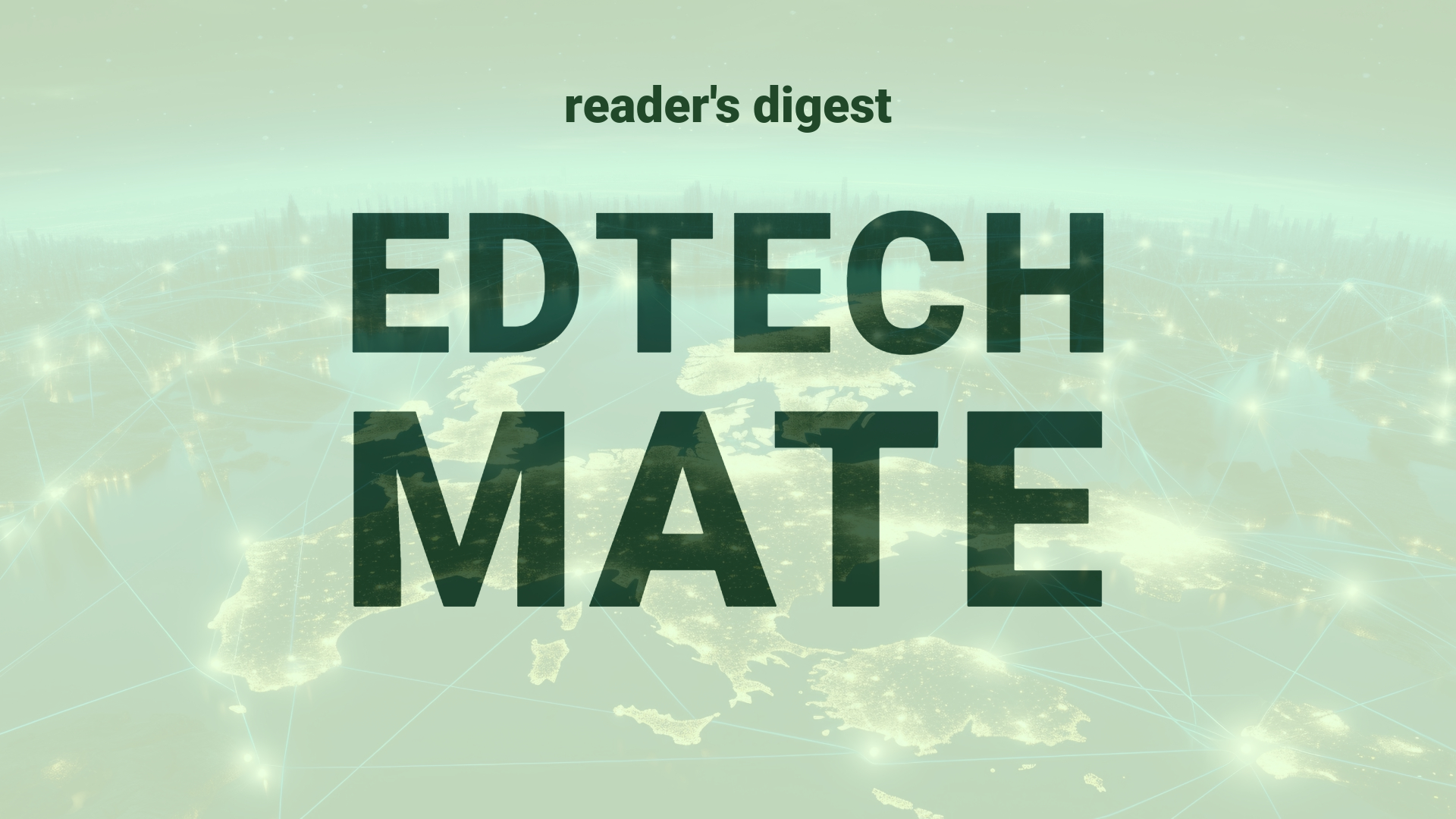“`html
Executive Summary and Main Points
Key innovations emerging from the analysis of several leadership-focused podcasts from Harvard Business Review include strategic career movement, work-life balance in leadership positions, value proposition articulation, and navigating burnout. Trends involve a shift in focus towards personal fulfillment in leadership roles and the effective communication of individual career aspirations within corporate structures. This reflects the growing integration of personal objectives with organizational goals in international education leadership and digital transformation initiatives.
Potential Impact in the Education Sector
Developments highlighted in the podcasts could significantly impact the education sector, especially in Further and Higher Education as well as Micro-credentials. The emphasis on defining value propositions may enhance the formation of strategic partnerships and support educators in leadership roles to move laterally or upward within academic institutions. Furthermore, recognizing the signs of burnout and seeking work-life balance could lead to more sustainable approaches to educational leadership. Micro-credentials could see a rise in popularity as professionals seek targeted learning to advance into desired roles without the commitment of traditional degree programs.
Potential Applicability in the Education Sector
Innovative applications from these insights could include AI-facilitated personalized career pathing for educators, and digital tools designed to facilitate strategic networking within the global educational community. Introducing platforms to track achievements, skills, and contributions can assist academic professionals in presenting their case for leadership positions. Additionally, there is the potential for development of AI-driven mentoring systems to help navigate career transitions and prevent burnout among educational leaders.
Criticism and Potential Shortfalls
While these strategies show promise, they are not without challenges. Real-world examples indicate that the implementation of such career strategies could vary significantly across different cultures and educational systems, possibly resulting in inequitable outcomes. For instance, digital tools may not be as accessible or effective in regions with low technology penetration. Moreover, there may be ethical concerns related to data privacy for AI-driven career pathing tools. The pressure to continually earn micro-credentials could also foster an environment of constant performance surveillance rather than true professional growth.
Actionable Recommendations
To leverage these technologies in international education leadership, institutions should consider piloting AI-based mentorship and career development programs, with an emphasis on ethical data use and cultural sensitivity. Establishing digital platforms for showcasing educator achievements can foster transparent and merit-based advancement. Additionally, the incorporation of micro-credentials should be approached strategically, ensuring they provide real value to educators’ careers rather than being seen as a perpetual hurdle.
“`
Source article: https://hbr.org/podcast/2024/05/how-do-i-prove-im-the-right-person-for-a-different-leadership-role

